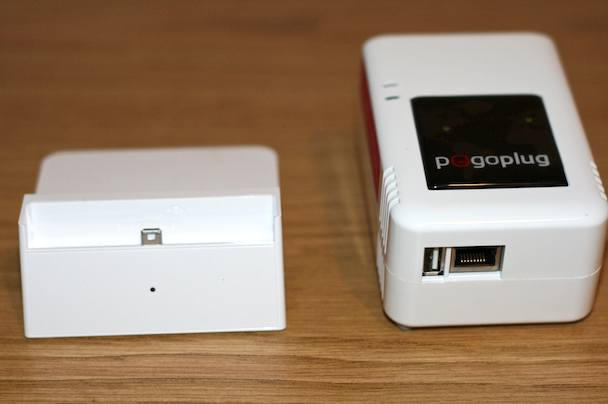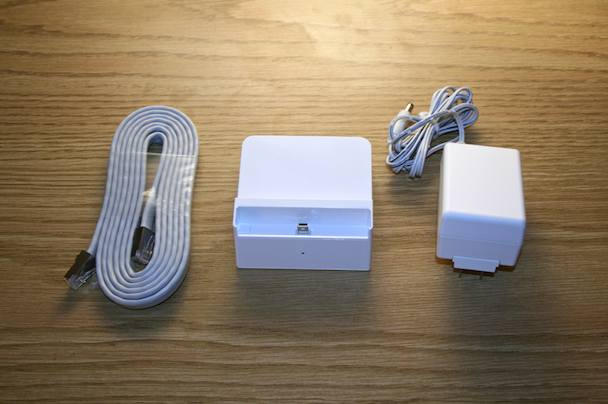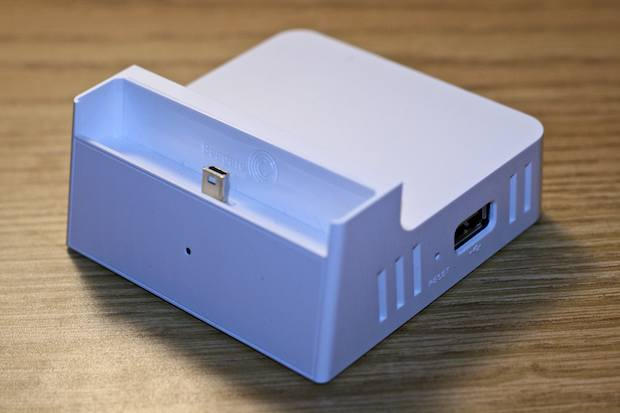When a gadget has a doppelganger, the differences between the two are automatically thrown into sharp relief. Because Seagate’s DockStar runs on Pogoplug technology and uses the Pogoplug interface, our review of Cloud Engine’s Pogoplug a few weeks back pretty much covers the DockStar completely.
The DockStar performs the same exact function as the Pogoplug: it’s an instant, easy-to-use internet connection for any hard drive. Transfer files to a USB thumb drive or portable drive, plug it into the DockStar, then access the files from anywhere on the Internet. But there are three differences between the two products — one of them a big catch.
Hit the jump for the full skinny.
This post contains affiliate links. Cult of Mac may earn a commission when you use our links to buy items.
The first deviation is that the $100 DockStar, as its name suggests, is a dock. With help from Cloud Engines, Seagate took the Pogoplug’s guts and stuck them inside a dock that mates with Seagate’s FreeAgent Go line of portable hard drives. (There’s one big exception — see below).
Then they added three USB ports, essentially turning the DockStar into a four-port Pogoplog (three USB ports plus the dock port, which is mini-USB). So far, so good. But here’s the catch: the Pogoplug asks for no extra fees, while the DockStar comes with one year of free use, then requires an extra $30 per year to use the web-based application (identical in every way to the Pogoplug’s web-based application). Without access to the web app, files can’t be accessed over the Internet, and what’s good about the DockStar disappears.
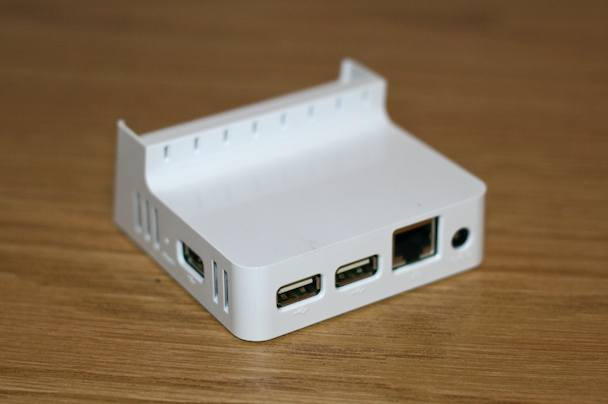
And the DockStar won’t actually dock with the obvious choice for any Mac user, the FreeAgent Go for Mac (which we’ll be reviewing soon). In contrast with the plain-vanilla FreeAgent Go — which has a central mini USB port that plays nicely with the DockStar’s mini USB prong — the Mac version has a central FireWire port.
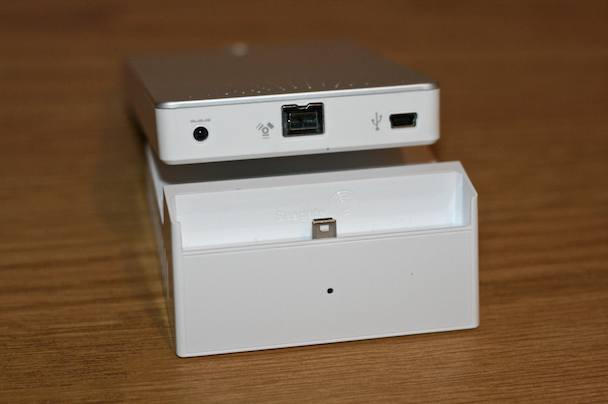
The similarity between the two products — yet the difference in fees — made me wonder if there were any surprise announcements in the near future from either of the two companies; but Cloud Engines says it has no plans to discontinue the Pogoplug, and Seagate says it isn’t planning any new functionality for the DockStar. So, if you expect to use the technology for a year or less, the $100 DockStar with its extra USB ports makes sense. If you’re going to hang on to it for longer, a $99 Pogoplug and a $5 USB hub might be a better deal.
